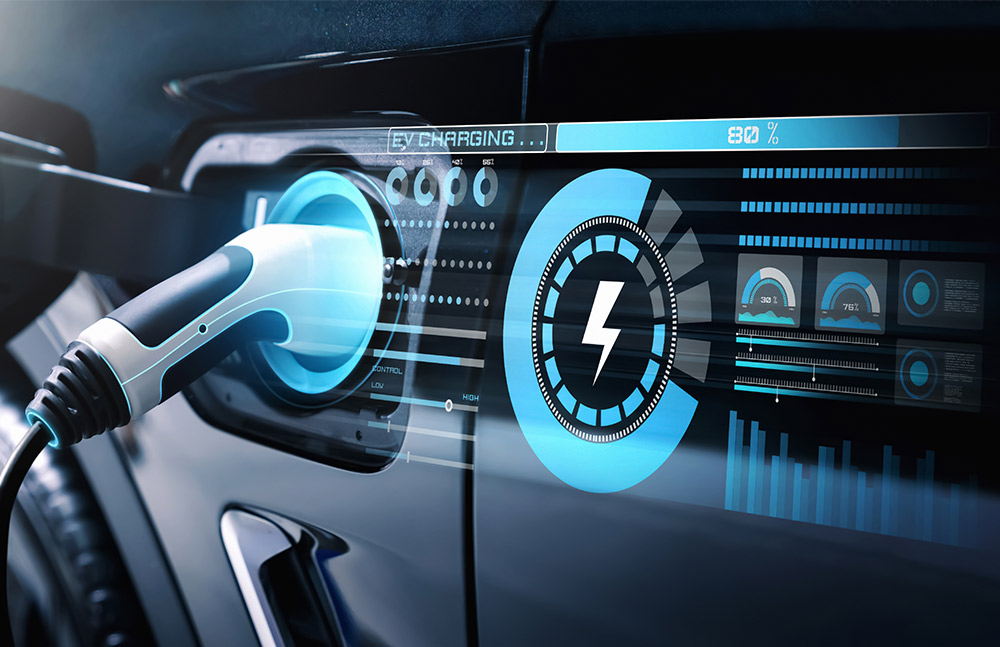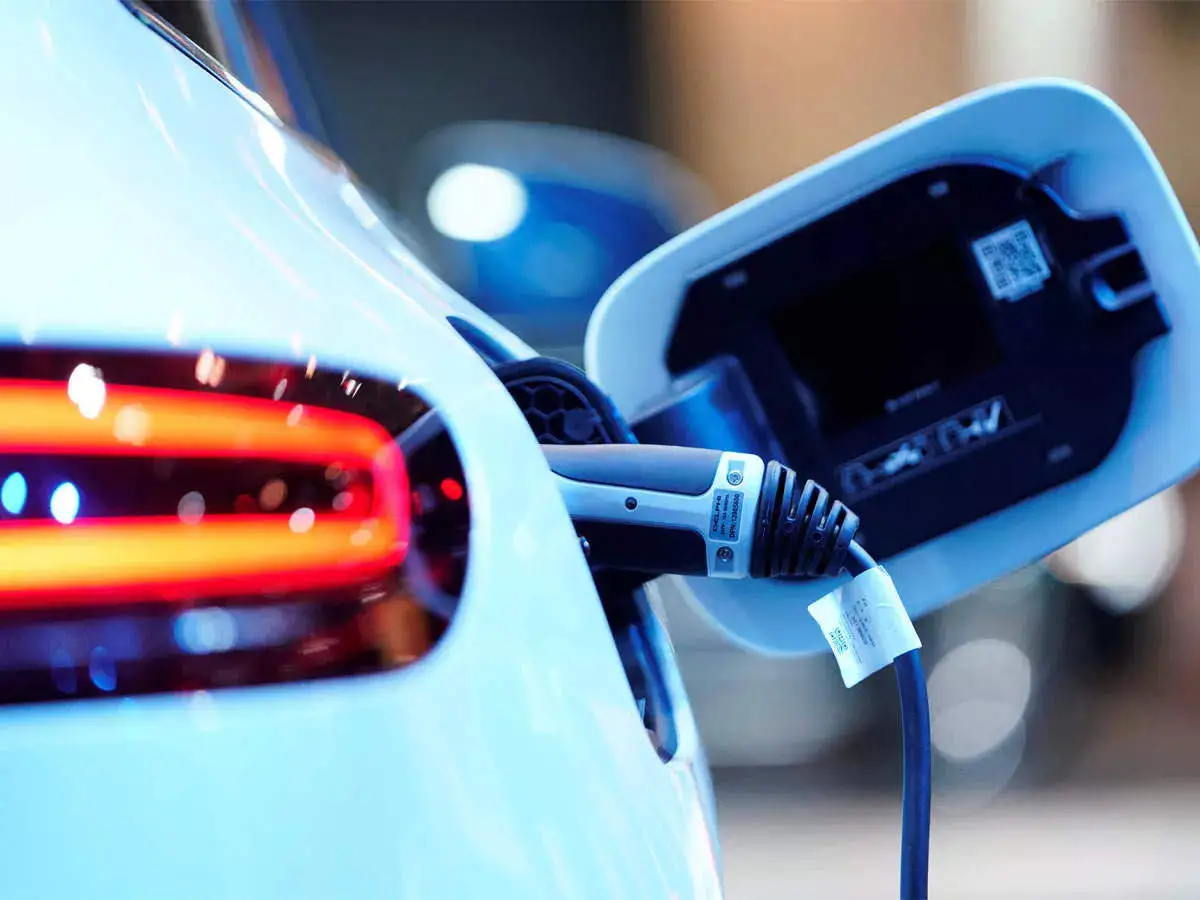
Table of Content
▼The Indian Bureau of Standards (BIS) has come out with standards and tests for electric vehicle (EV) charging infrastructure and requirements for battery swapping systems. It also specifies the safety requirements for the battery change system.
"The series consists of 10 parts which define charging modes, communication protocols, electrical safety, and performance test requirements for electric vehicle charging systems," the Bank for International Settlements said in a statement.
The standards aim to provide standardization and compatibility for electric vehicle charging infrastructure around the world. "They ensure that electric vehicle charging systems are safe, reliable and interoperable with various vehicle and charging network providers," BIS added.
The government is working on a battery swap policy, a draft of which was submitted last year. However, there have been concerns raised by industry about the proposed standardization of interoperability on battery sizes and form factors; Connectors and communication protocol, they say, will create an obstacle to innovation and also create an artificial monopoly in the industry.
Electric vehicle sales are no longer confined to only major cities like Delhi, Mumbai, and Bangalore. They are also seeing momentum in non-urban markets. Overall, sales of electric vehicles are expected to double and cross the 100,000 mark for the first time in 2023, encouraging manufacturers from Maruti Suzuki to Hyundai Motor India to Tata Motors to line up more than a dozen models to launch in the next next two to three years.
Sales of luxury electric vehicles have surpassed volumes recorded for the whole of 2022, reaching the 500-unit mark in the first three months of the year.
These standards are part of the comprehensive green standards formulated by the Bank for International Settlements according to the global rules.
As part of green standards, BIS has also formulated rules for raw materials for construction (such as fly ash, construction and demolition waste, cement, and fly ash bricks), waste disposal (such as plastic waste recycling), agriculture (practical organic farming), and renewable energy (wind turbines, energy-saving motors and solar PV modules).
BIS director general Pramod Kumar Tiwari told a press conference that plastic is not a 100% biodegradable product and if any manufacturer claimed otherwise, it would be misleading advertising.
Tiwari said BIS is also in the process of developing standards for carbon trading.
Also Read: Lexus RX SUV launched at ₹95.80 lakh, boasts of connected technology
Mehul Jain
EV Specialist & Clean Mobility Advocate. Mehul Jain is an expert in India’s evolving electric vehicle ecosystem, with a focus on EVs, charging infrastructure, and sustainable mobility. His articles cover everything from government subsidies to range insights, helping readers navigate the shift to cleaner transportation.
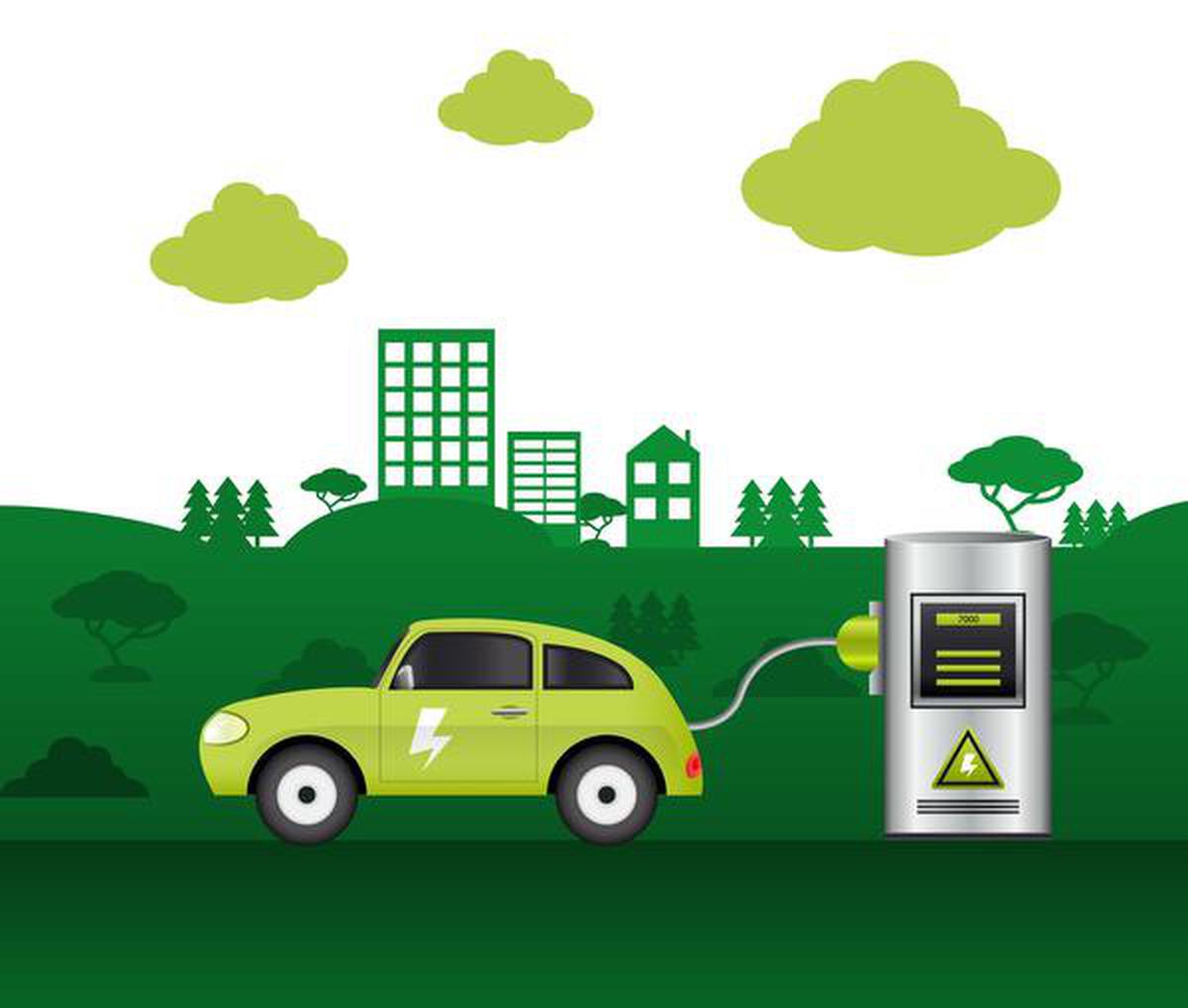
_1771485173.webp)
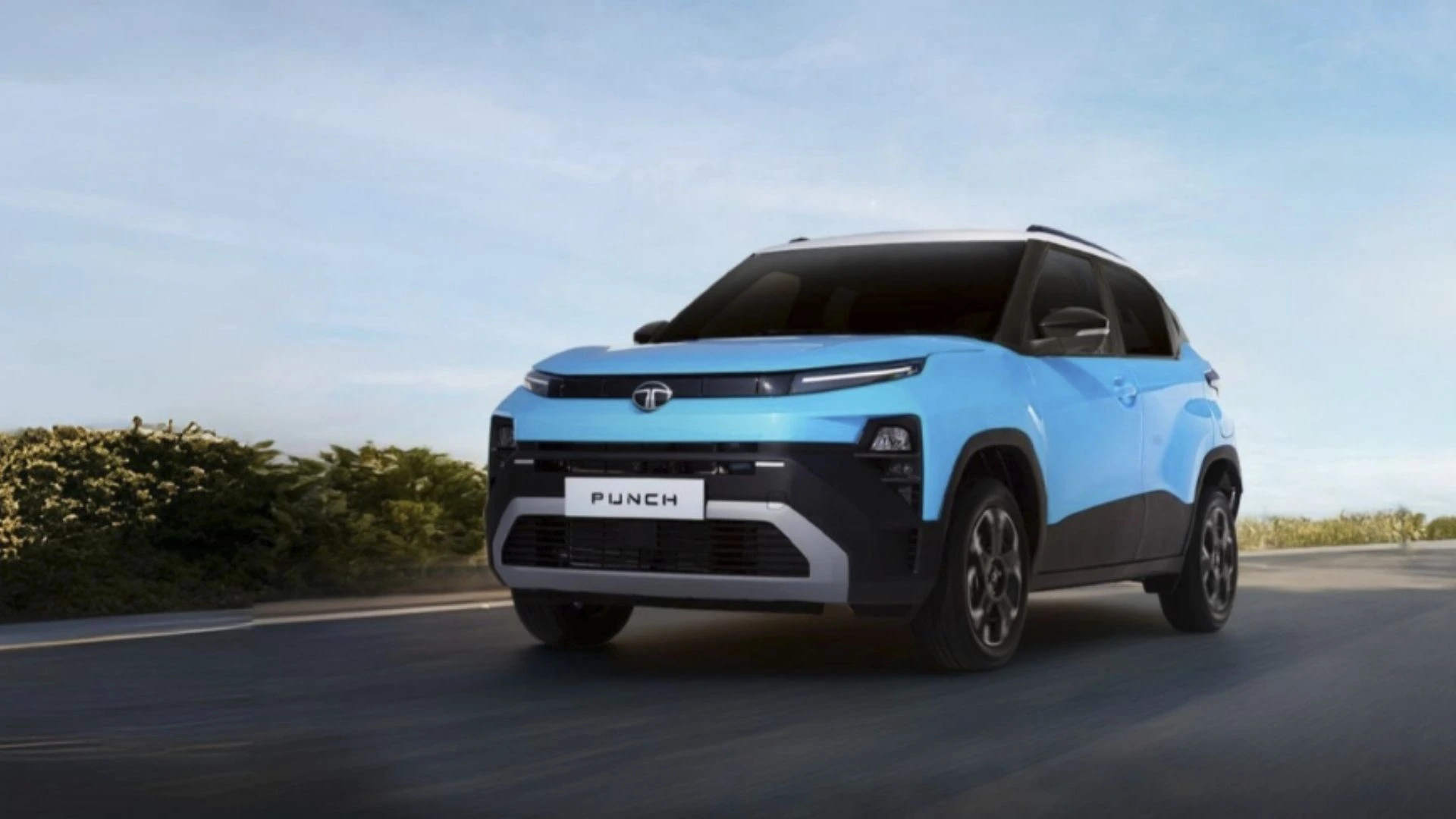
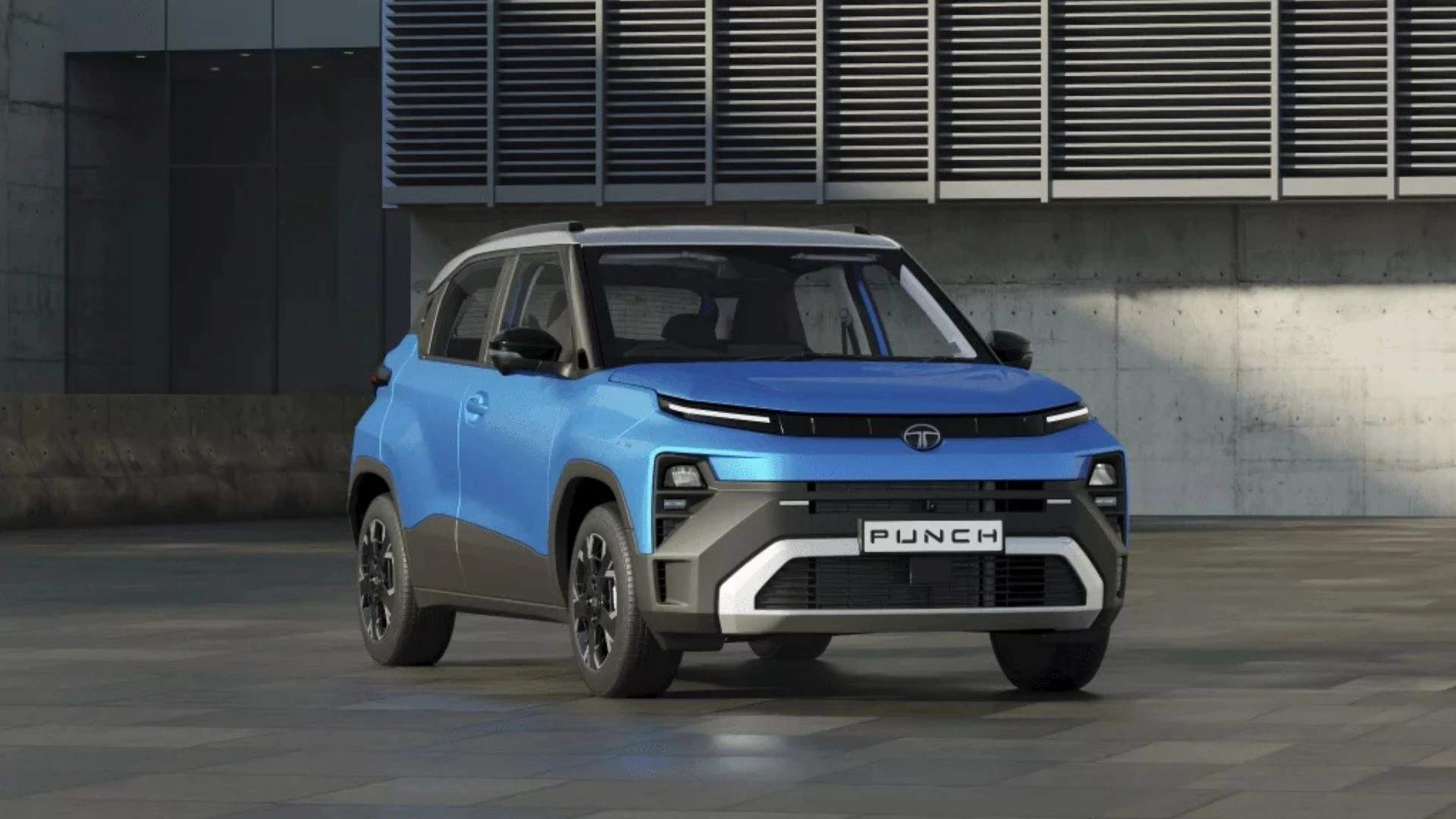
_1770886465.webp)

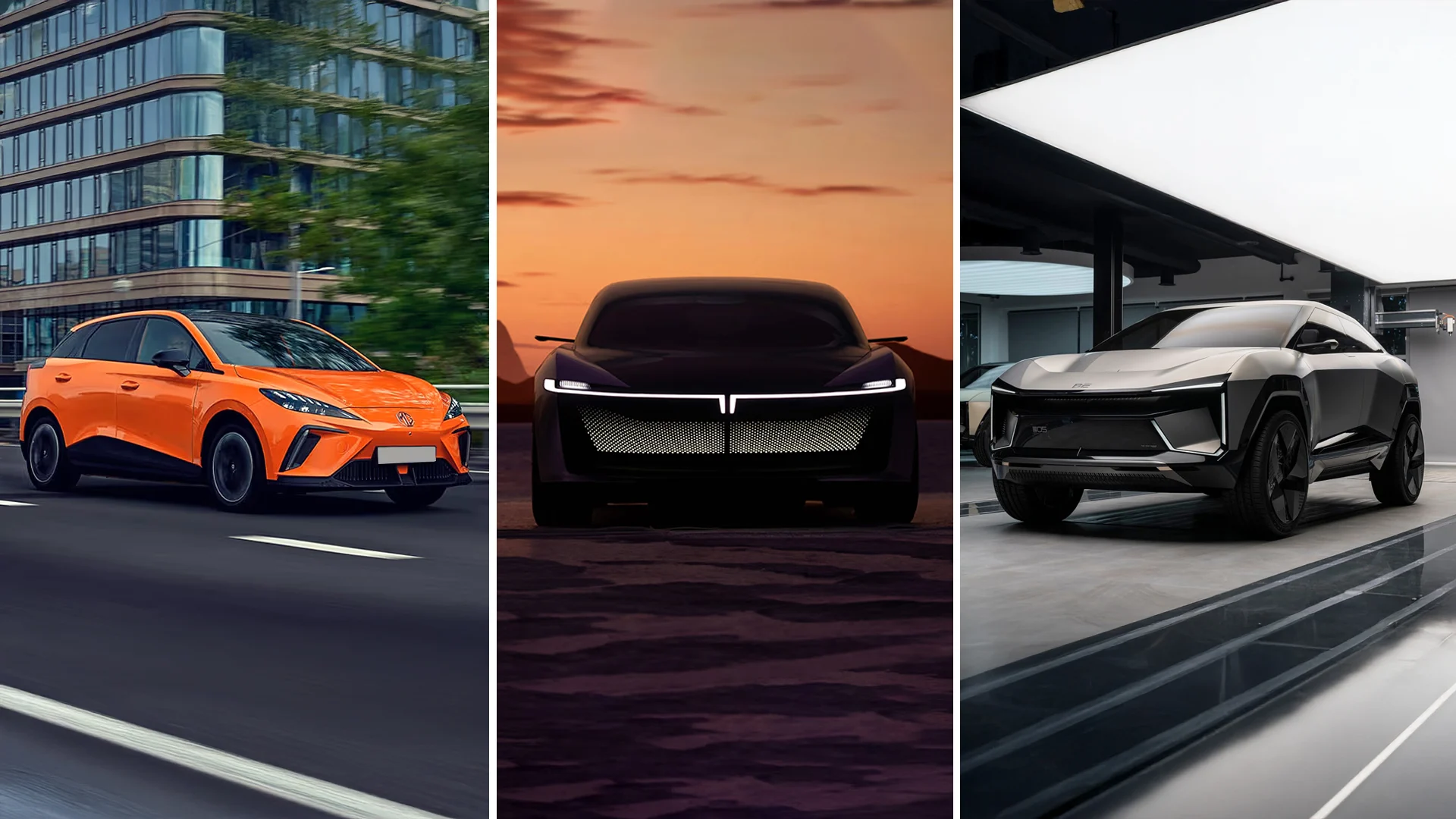
_1716799620.webp)

